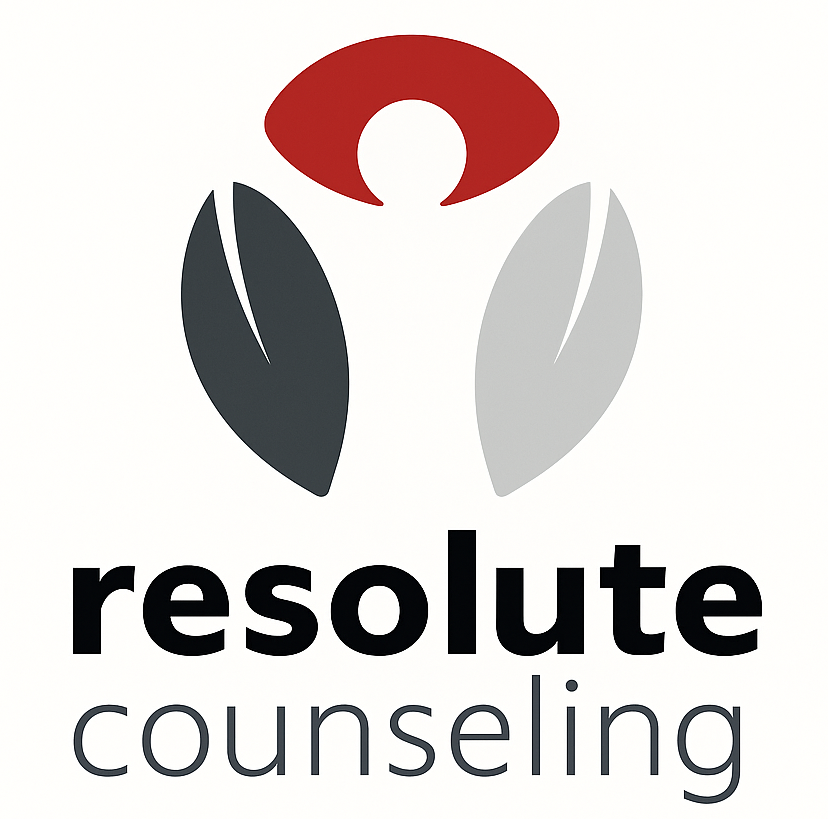Written by Brad Krause
It’s easy to mistake stillness for stagnation. But for introverts, stillness is often the beginning of restoration. In a world that rewards nonstop output and constant connectivity, introverts carry the unique challenge of protecting their inner battery while navigating an externally loud existence. Self-care, then, is not optional—it’s strategic. When practiced with intention, it becomes a quiet rebellion against burnout. This isn’t about bubble baths and slogans. It’s about carving out meaningful space to feel whole again—physically, emotionally, mentally. Below are six introvert-first strategies that nurture the body and mind from the inside out.
Gentle Movement for Resilience
You don’t have to “go hard” to feel strong. In fact, overstimulation is a fast track to shutdown for many introverts. Instead of chasing intensity, lean into movement that soothes and restores. Practices like yoga, walking, stretching, or tai chi help regulate your nervous system, lower cortisol, and reintroduce breath into spaces where anxiety once lived. Whether it’s five minutes on the mat or a slow stroll around the block, even solo movement soothes overstimulation by offering clarity, rhythm, and an internal reset. The goal isn’t to crush goals—it’s to reconnect with your own pace.
Gentle Alternatives for Easing Anxiety
Anxiety doesn’t always scream—it simmers, especially for introverts who feel everything just a little more deeply. Low-friction tools like magnesium supplementation or herbal teas like lemon balm can offer a soft, predictable calm without creating grogginess. Breath-based techniques like box breathing or 4-7-8 breathing help regulate nervous system response when overstimulation creeps in. For deeper baseline support, ashwagandha has long been used to help reduce cortisol and buffer stress. More recently, diamond THCA in modern studies has emerged as a promising plant-derived option for those seeking calm without the psychoactive load of traditional THC products.
Seeking Support That Understands You
Introverts often carry their stress inward, making it difficult to voice what’s overwhelming until it starts to wear them down. While solitude can restore, it isn’t always enough when deeper emotional patterns or long-standing anxieties are involved. Therapy offers a private, judgment-free space to explore what’s underneath—not in a spotlight, but in quiet collaboration. Professional support can help introverts develop healthier coping tools, process emotional overload, and feel more grounded in daily life. If that kind of support feels overdue, Resolute Counseling is a thoughtful place to begin.
Mindful Solo Practice
The absence of people does not equal the absence of noise. Introverts often experience inner chatter that’s as draining as external crowds. Mindful solo rituals—like journaling, drawing, breathwork, or even organizing your bookshelf—offer a way to tune that noise into a signal. Not every practice needs to be deep or spiritual; what matters is that it creates space between input and reaction. Start with what grounds you. Even journaling clears your mental space when the world feels tangled. Introverts don’t need silence—they need solitude with intention.
Structured Quiet Time Routines
Unstructured alone time can blur into numbing or avoidance. That’s why routines matter—not rigid schedules, but dependable anchors throughout the day. These could be as simple as 15 minutes with coffee before checking your phone, or a nightly ritual of lighting a candle and reading one chapter of a book. When you schedule quiet personal time, it signals to your body that peace is not random—it’s protected. These rituals become small acts of reclaiming attention in a world designed to steal it.
Personality-Aligned Movement
Not everybody likes boot camps. For introverts, the key to consistent movement is matching it with your energy profile—not someone else’s. Consider workouts that honor your natural tendencies: swimming, Pilates, strength training in solitude, or home workouts that don’t rely on group settings. You don’t need external hype to feel accomplished. In fact,workouts that fit your introverted nature tend to be more sustainable long term. Exercise isn’t just physical maintenance—it’s emotional hygiene. Find what feels natural, and you’ll find what lasts.
Multidimensional Rest Types
Sleep is just one type of rest. Introverts often need to rest from people, noise, decision-making, and performance—all different forms of fatigue. Dr. Saundra Dalton-Smith defines seven types of rest: physical, mental, sensory, creative, emotional, social, and spiritual. For introverts, social and sensory rest are often most urgent, especially after meetings, errands, or travel. Creating a menu of rest options can help you recalibrate with intention. Explore many ways to rest deeply to refill your energy from angles you’ve been ignoring.
Cultivating Self-Compassion
Introverts are often harder on themselves than anyone else. Internal dialogue can shift from self-awareness to self-criticism in seconds. That’s why self-compassion isn’t fluff—it’s armor. Start with the basics: gentle language when you talk to yourself, slower mornings, smaller to-do lists, breaks without apology. Even start your day with a solo ritual that honors your pace instead of reacting to others’ urgency. When your body and mind feel seen by you first, it becomes easier to move through the world without fraying.
Self-care for introverts isn’t about avoiding the world. It’s about building the internal infrastructure that allows you to return to it with your energy intact. The practices above don’t require apps, gyms, or gurus—just permission. Permission to move slowly, to rest fully, to think deeply, and to protect your inner life like it matters. Because it does
Discover a holistic approach to mental wellness with Resolute Counseling, where personalized therapy and medication management pave a positive path to growth and wellness. After spending most of his time in a corporate setting and neglecting his self-care for far too long, Brad embraced his calling and decided to become a full-time life coach. He now spends the rest of his life helping people get a better foothold on their wellness above all else through Self Caring.



